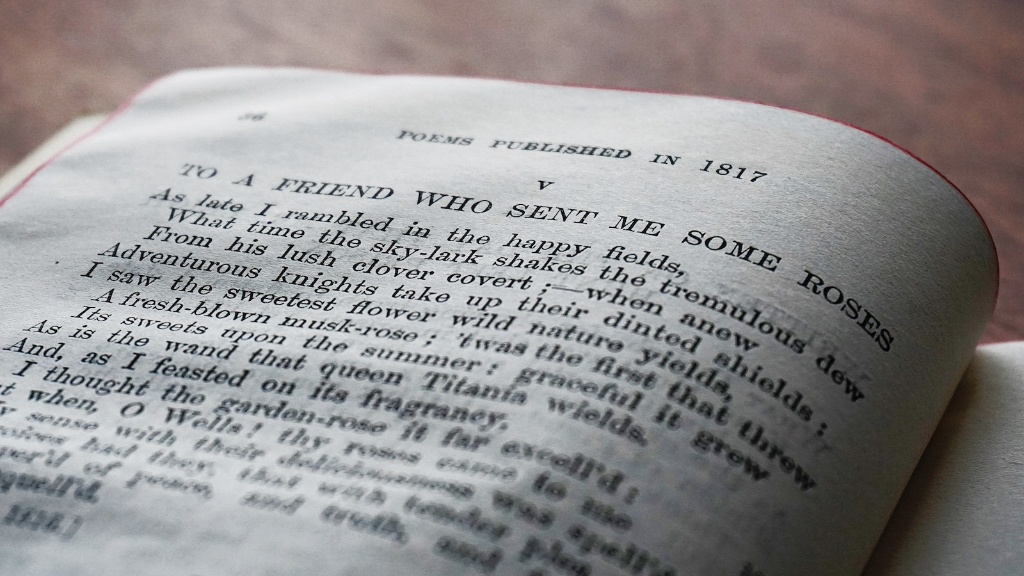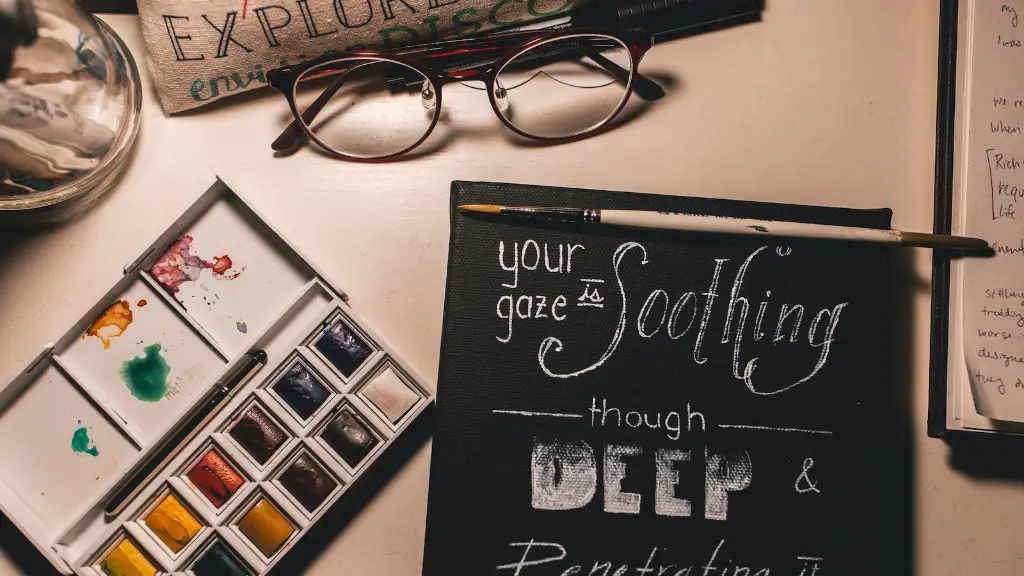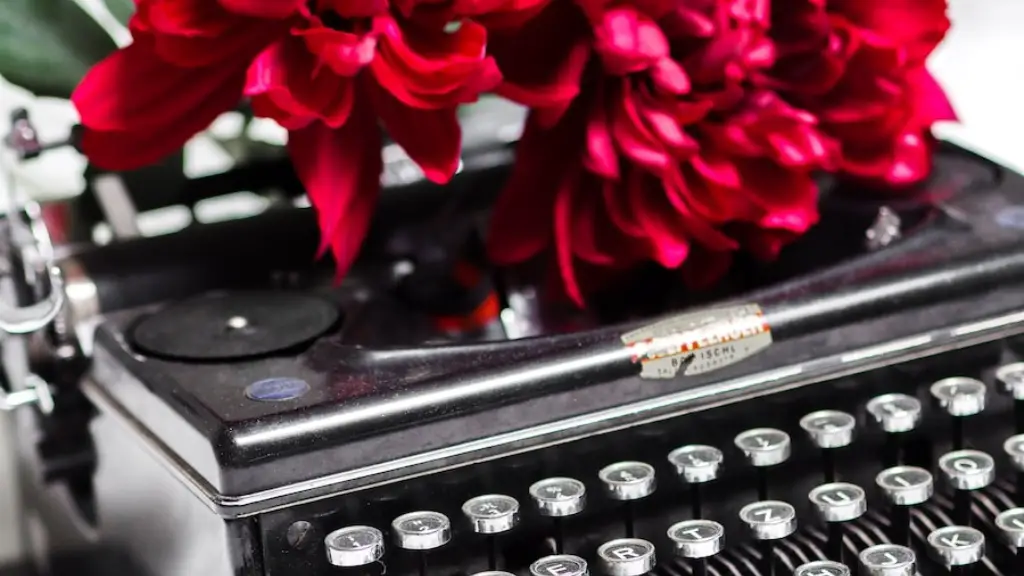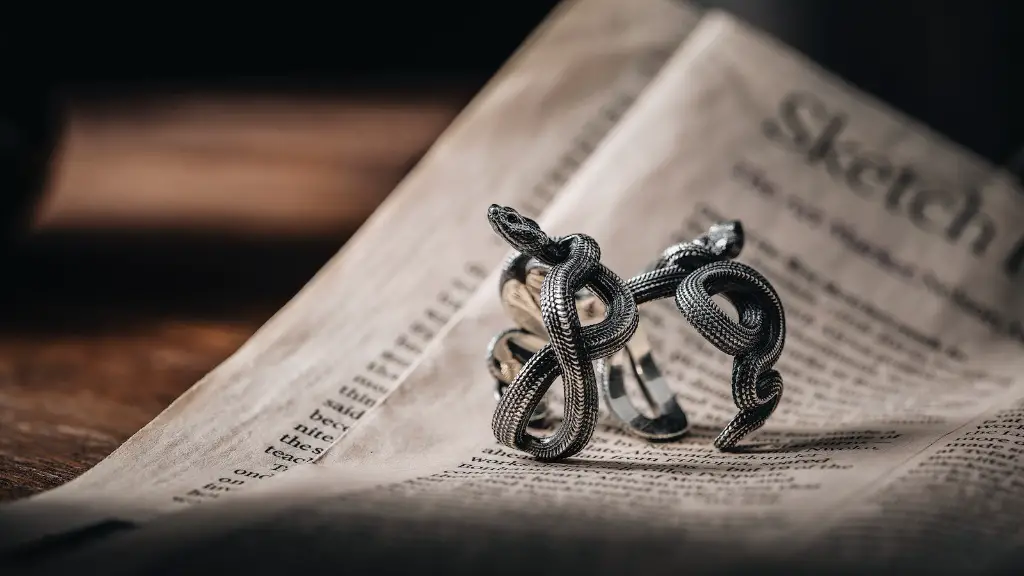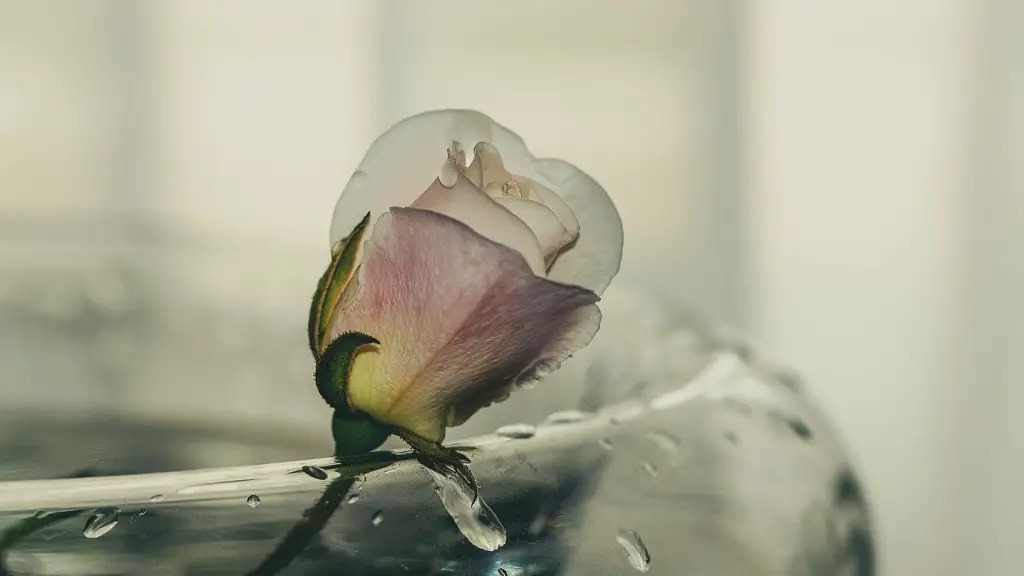Reading poetry for beginners can be an intimidating task. After all, poets spend a lot of time crafting the perfect lines and balancing emotions to create a single stanza or poem. But you don’t need a degree in literature to appreciate the beauty and depth of poetry, and with a few tips you can dive into the world of poetry.
To start, it is important to find the right material. Not all poetry is the same; it can range from ancient texts to spoken word. If your goal is to become a more proficient reader, it can help to start with poetry written by some of the more famous poets in history. For example, William Wordsworth, John Keats, and Emily Dickinson are good options. It is also beneficial to seek out the works of lesser-known poets as well as those who write in various forms and styles.
Once you have chosen your text, it is important to read it slowly and not be afraid to spend some time looking up words and phrases you don’t understand. Pay attention to how the poet uses words to evoke feelings and how images are used to create a mood or paint a picture. Look for any significant themes or messages that could be present, as well as any literary devices that the poet may be using. Finally, take some time to think about the poem. Put it down and come back to it after a few days and ask yourself if it still has the same impact.
One of the best ways to appreciate poetry is to recite it aloud. This will allow you to get a better feel for the rhythm and language of the poem. It can also help to highlight any uncommon words or phrases, allowing you to look them up for a better understanding. As you read aloud, take your time and move through the poem with feeling, as if you were a storyteller. You may even want to break down the poem into its individual lines or fragments to better perform and understand it.
Another option is to create your own response to the poem. Writing is a great way to put your thoughts down on paper and process the poem further. It can also help to reflect and identify emotions that the poem may have triggered. Additionally, when you write, you may find yourself coming up with ideas or interpretations that hadn’t occurred to you before, giving you a deeper insight into the poem.
The more you read, the easier it will become to appreciate and understand poetry. When you have the opportunity, attend open mic nights and poetry slams, join reading groups, and converse with other people about the poetry you have read. Ultimately, the best way to learn is to practice, practice, practice. With time, you’ll find that reading poetry is an enjoyable, stimulating experience.
Understanding the Symbols and Allegory
Symbols and allegory are common elements in poetry, and as a beginner, it can be helpful to recognize these tools. When looking at a poem, you may come across images and figures of speech that could seem out of context. These are often symbolic of something deeper, and images or characters may appear in a more symbolic manner. Additionally, an allegorical poem is one that places characters or objects in a mythical setting to illustrate a moral, religious, political, or metaphysical idea.
Before approaching an allegorical poem, it can help to put some time into researching the symbols to keep in mind while you are reading. Knowing these symbols can provide you with a better perspective and allow you to gain a deeper understanding of the poem.
Learnt the Context of the Poem
One of the most important elements in understanding a poem is being aware of the background in which it was written. Paying attention to the poet’s life and literary context can not only make you a better reader, but it can also enhance your experience with the poem. Looking deeper into the poem’s history and the author’s other works can allow you to appreciate different aspects of the poem.
When you can, try to obtain some biographical information about the poet. Understanding the poet’s life helps to provide more clarity and insight into the poem. Also, learning about the period in which the poem was written can provide you with more knowledge about the themes that may be present. In addition to this, examining other literature from the same era will also help you to gain a better understanding of what was of importance at the time, as well as the style of writing that was commonly used.
Explore Different Genres of Poetry
There are many different types of poetry. Exploring the various styles and formats can help you to gain a better understanding of the writing and its associated literature. Different types of poetry can include lyric poetry, epic poetry, single stanza poetry, free verse, couplets, and sonnets, amongst many more. Each of these forms play with elements of meter, rhyme, sound, and structure, creating different kinds of literary devices and exploring different subjects.
Once you gain a familiarity with the different forms of poetry, you can start to explore poems written in more unconventional styles. It can be helpful to look up publications and websites that focus on modern poets, as these often contain more experimental forms of literature. Additionally, try to find poetry anthologies or collections, as these often contain a variety of works that may be of interest to you.
Collaborate with Others
Once you feel more comfortable reading and understanding poetry, it can be a great idea to join a writing or poetry group. Getting together with other poets will provide you with the chance to share and discuss ideas, as well as to gain feedback on your own writing. Collaborating with other poets is also a great way to learn and grow, as you can exchange ideas, criticisms, and resources that can expand your understanding.
Appreciate the Craft of Poetry
The beauty and difficulty of poetry is in the way it is crafted. To appreciate a poem fully, you have to look at the words, the images, and the form. Putting time and effort into understanding the language and technique will allow you to gain a deeper appreciation for poetry as a whole.
Pay attention to the way the poet crafts words and the images they use. Look at the way they juxtapose ideas to create movement, or the way they use rhyme and meter to create sound and effect. Poets have the ability to craft language in such a unique and extraordinary way, and it is an incredible journey to explore the beauty they create through words.
Develop Your Own Voice
As you become a more proficient reader, you may start to feel inspired to write poetry as well. Poetry can be a great way to express yourself, though it is often easier said than done. As with any skill, practice and constructive criticism are key to developing your own voice when it comes to poetry. Try to read other poets and take the time to craft your own ideas.
Getting feedback from poets who already have an established voice may provide you with a better perspective and guide you as you create your own work. Writing poetry makes you think more deeply about the language and emotions associated with a phrase or line. Once you have developed your own voice, you can use it to share your original ideas and thoughts more effectively.
